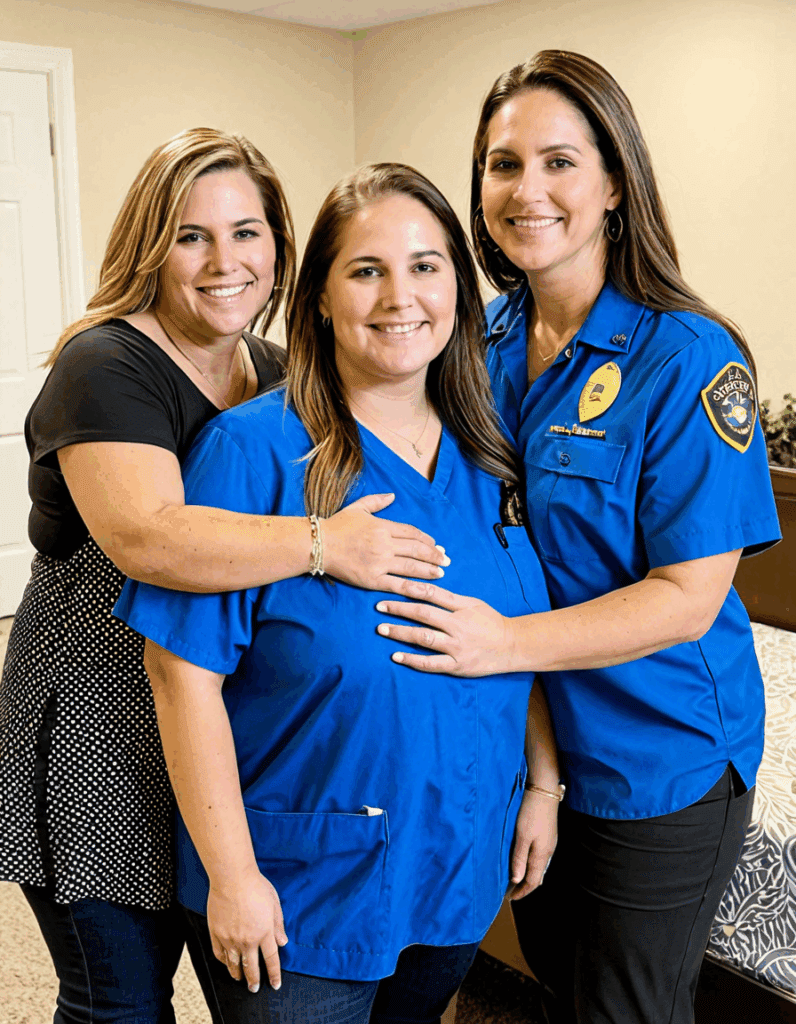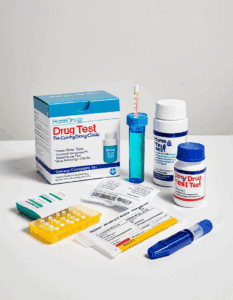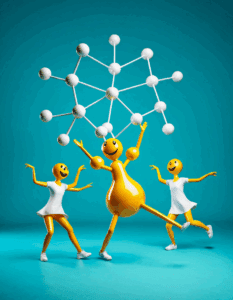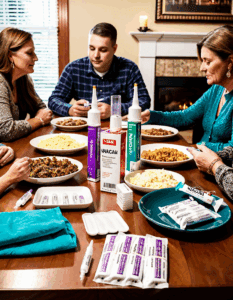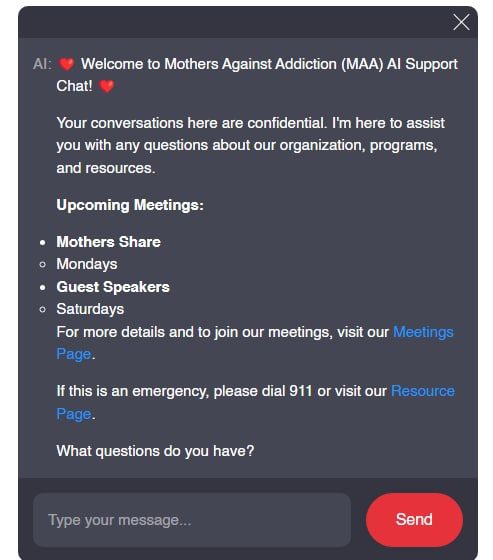When it comes to facing the challenges of addiction, the role of a task force has emerged as a vital part of the solution. These dynamic coalitions unite community members, health providers, and policymakers in a focused effort to combat substance misuse. By bringing together various perspectives and expertise, task forces champion effective strategies and heartfelt support for those grappling with addiction. They don’t just assemble formally; they stand as beacons of hope, weaving real stories into the fabric of advocacy.
This kind of support is especially critical for parents feeling overwhelmed by their child’s struggles with drugs or alcohol. Organizations like Mothers Against addiction provide resources and shared wisdom, illuminating paths through the darkness. In this article, we’ll explore five key initiatives undertaken by task forces and their transformative impact on the lives they touch.

Understanding the Role of a Task Force in Addiction Support
A task force represents more than just a gathering of professionals; it’s a collaborative coalition aiming for tangible change. Each member brings invaluable insights, creating a well-rounded approach that serves both individuals and families impacted by addiction. By understanding the stories that accompany addiction, task forces manage to create relatable solutions that resonate on a personal level.
These troops are instrumental in reducing stigma, removing barriers to treatment, and fostering a sense of community. By tackling societal misconceptions around addiction, task forces play a pivotal role, helping to shift public perceptions and promote empathy for those battling substance use disorders.
At the core of addiction recovery, task forces become communities of connection and learning. They don’t shy away from difficult conversations about the heartache addiction brings to families. Instead, they open the door for parents, like you, to share experiences and find solace through understanding.

Top 5 Transformative Initiatives by Task Forces
One remarkable initiative springs from the establishment of peer-to-peer support programs. Massachusetts’s “Recovery Coaching” pairs individuals who’ve faced addiction with those currently in similar battles. This approach cultivates an environment of empathy and support. When you share your journey with someone who understands the struggle, healing can truly begin.
The “Community Opioid Response Task Force” in Colorado has rolled out evidence-based practices, exemplifying what it means to define good approach to addiction. They focus on harm reduction, increase access to treatment, and ensure community support systems are strong and well-connected. This model serves as a blueprint for others aiming to create sustainable recovery practices.
Addiction doesn’t operate in isolation, which is why addressing co-occurring disorders is vital. Programs like the National Alliance on Mental Illness’s “Bipolar Wellness Initiative” empower task forces to blend mental health treatment seamlessly with substance abuse recovery. By offering resources on managing conditions like bipolar disorder alongside addiction, these task forces promote holistic recovery.
The grassroots campaign “Blue Lips Speak Volumes” resonates with communities seeking to understand the signs of overdose. Using the visual symbol of blue lips, this task force has raised awareness through workshops at schools and community centers, educating families and reducing the stigma surrounding addiction. Conversations sparked by these initiatives pave the way for a more informed community.
Realizing the strength in community connections, task forces encourage the formation of networks like “Adult Friends Against Addiction.” These platforms create support systems that foster relationships among adults seeking recovery. By sharing experiences and commitments, members help reinforce each other’s paths toward sobriety.

Analyzing the Impact of Task Forces on Addiction Policies
The impact of task forces extends beyond direct support; they play a critical role in shaping addiction policies at both local and federal levels. By pulling together community needs, research findings, and governmental resources, task forces provide essential insights that lead to more effective policy frameworks. Collaborating with universities and research institutions enhances their capability to move from personal stories to impactful, data-informed strategies.
These coalitions are reshaping the narrative, emphasizing that addiction is a public health issue requiring comprehensive and compassionate solutions. Witnessing results from these initiatives inspires communities to rally around enhanced policy changes, realizing that a unified approach can truly make a difference.

Unique Perspectives: The Human Element Behind Task Forces
Behind every task force, there are stories filled with courage and determination. Take Jessica, for instance—a former task force member from New York. Her transition from addiction to advocacy sheds light on why it’s vital to keep the human element in the conversation surrounding addiction. In sharing her journey, she represents countless families and individuals who have lived through these hardships, highlighting how crucial it is to listen to those who’ve faced similar battles.
By incorporating personal experiences into the fabric of public health efforts, task forces contribute to a compassionate discourse about addiction. As we strive to erase the stigma surrounding dependency, these narratives illuminate the urgent need for understanding and action, making room for deeper healing.
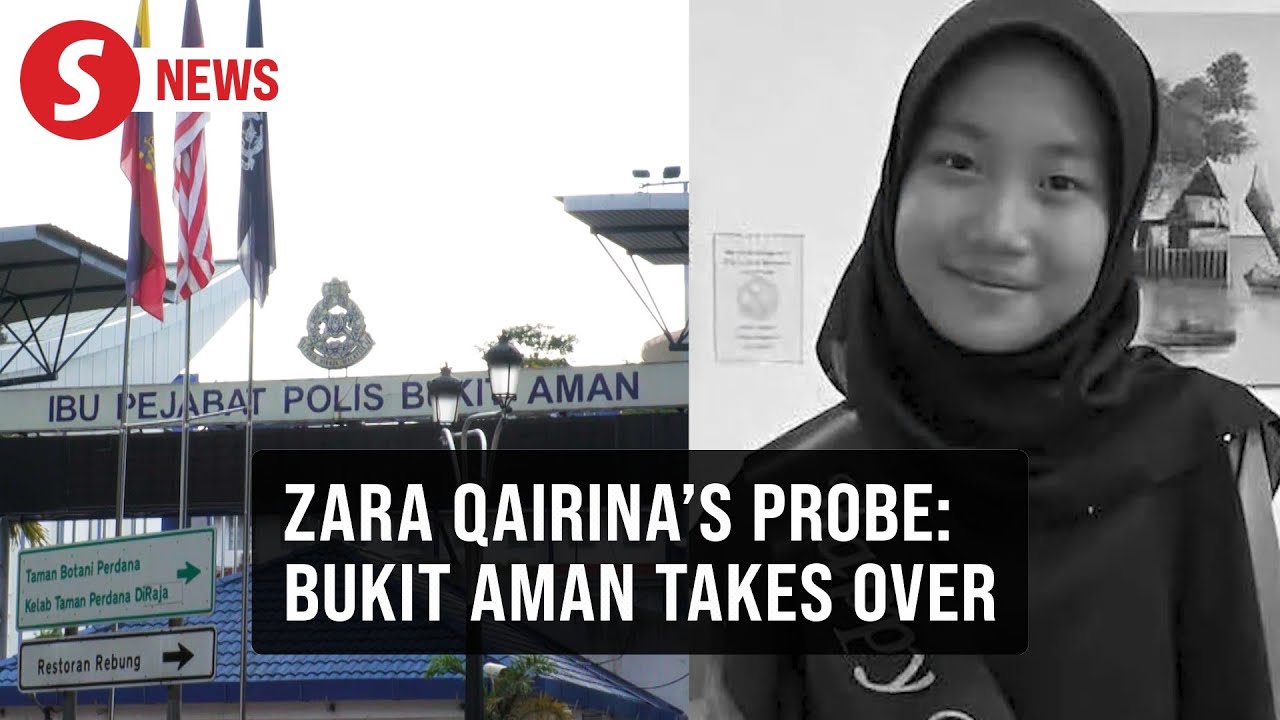
Innovative Wrap-Up
Task forces have emerged as agents of change in the field of addiction recovery. Through support initiatives like peer connections and awareness campaigns, these coalitions advocate for meaningful transformations. By addressing co-occurring disorders and fostering adult friendship networks, they redefine addiction support, paving the way for resilient communities and effective recovery strategies.
As we continue to witness the positive impacts of their work, let’s embrace these efforts, prioritize empathy, and cultivate understanding. The future of addiction recovery hinges not just on policies but on forming bonds that matter—where every story is cherished and every life is worthy of hope. By supporting organizations like Mothers Against addiction, families can feel less alone on this journey. Remember, in the face of adversity, compassion fuels resilience.
Task Force: The Catalyst for Change
Understanding the Task Force Dynamics
A task force isn’t just a group of people together for a common cause; it functions like a well-oiled machine dedicated to specific goals. These groups often muster expertise across various fields, enabling them to tackle challenges head-on. Did you know that the idea of residential treatment for addiction was kickstarted in the 1970s? This milestone paved the way for organizations today, including those dedicated to supporting families affected by substance abuse. As services grew, parents found hope and information on how to cope; many turned to platforms like healthcare insured for guidance on navigating insurance coverage for therapy.
Fun Facts About Task Forces
Let’s sprinkle in a few fun facts! Did you know that task forces can take many forms? From volunteer groups to official government initiatives, they’re versatile! One interesting task force in 2020 was focused on creating a response plan for the COVID-19 pandemic, much like how families expect their task force to join hands in the fight against addiction. Speaking of teamwork, take a note of the example set by the “Firefly Lane” cast, who embodied the spirit of friendship in overcoming trials together. Similarly, individuals on a task force unite to tackle Issues head-on. It’s all about being proactive, right?
The Impact of Task Forces on Society
The influence of a task force isn’t limited to immediate outcomes; it often reshapes the landscape of entire communities. Imagine a town that rallies together like the passionate fans of Man United vs. Liverpool FC—( each member contributing toward a greater goal. When task forces become effective, they not only help those in need find support but also destigmatize the conversation about addiction, leading to greater awareness. A powerful aspect of a task force’s journey is its ability to define weird in such a way that makes it easier for families to seek help without feeling judged.
In the end, whether you’re looking for resources, support, or just someone to stand by you, task forces play a pivotal role in building resilience within communities. So, if you ever thought about forming or joining one, remember, you could be part of something transformational—much like those working on the latest viral dance challenges, such as Hailey Lopez ’ s trending moves, all it takes is that first step!


